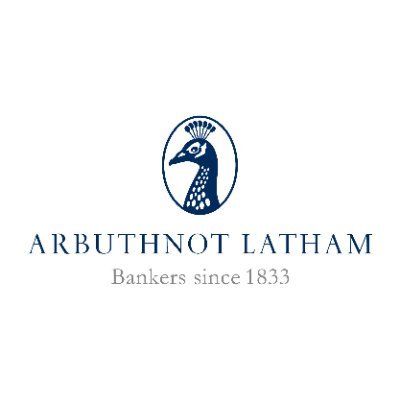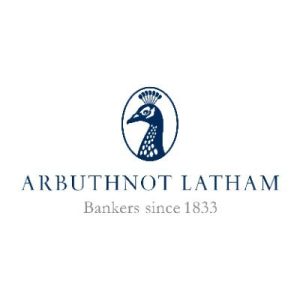Eren Osman has been leading investment management at Arbuthnot Latham since joining the company in 2012. His extensive experience also includes serving as the chairman of the investment committee at the Dunhill Medical Trust. Before his time at Arbuthnot Latham, Osman worked as an investment manager at a London-based boutique firm.
In the third quarter of this year, one of the funds Osman was most pleased with was Schroder Global Cities. After a challenging period for real estate investment trusts (REITs), he is optimistic about their future performance, anticipating that they will benefit from interest rate cuts and the global economy’s resilience.
However, Osman acknowledges past mistakes, including a misjudgement in 2016 when he had an underweight position on bond duration, expecting interest rates to rise. As yields dropped unexpectedly, this positioning negatively impacted performance. This experience led Osman and his team to adopt a more thorough approach when considering duration exposure, seeing it as a critical risk measure in their portfolio management.
Currently, Osman is cautious about investing in both China and India, maintaining an underweight position in these regions. While he is monitoring China’s economic stimulus, he has yet to commit to domestic investments there, awaiting more confidence in a sustainable recovery and addressing challenges in the property sector.
Style drift in funds is one of Osman’s primary concerns, seeing it as a significant red flag. While poor stock selection in funds can sometimes explain underperformance, deviations from a fund’s stated philosophy and process are a cause for greater alarm.
Commodities have been a standout source of uncorrelated returns in today’s market, according to Osman. He suggests that if the reflation trade gains traction, commodities could offer a valuable hedge, especially as equities and bonds face pressure.
A distinguishing feature of Osman’s investment process is his macroeconomic focus. He is comfortable shifting both tactical and strategic allocations based on global economic conditions, emphasising that higher interest rates over the past few years should prompt investors to reconsider their long-term strategies.
One of Osman’s most notable tactical positions is in semiconductors, driven by the growing influence of AI. He sees the semiconductor supply chain as a direct beneficiary of this trend, likening it to buying “picks and shovels” during a gold rush.
While Osman has had some exposure to gold through a diversified commodity fund, he is hesitant about committing to a standalone gold position. He notes that central bank actions have disrupted traditional gold price drivers, and while a potential US rate-cutting cycle could support gold, he is waiting for clearer signs before making a move.
Beyond his daily work, Osman has been delving into the rapidly evolving field of AI. He recommends Leopold Aschenbrenner’s essay Situational Awareness to anyone keen on understanding the technological dynamics shaping the future.
In terms of investment philosophy, Osman’s advice is clear: know your risks and appreciate the importance of diversification. He believes that understanding the correlations between different assets is crucial, especially in navigating various market environments.
Arbuthnot Banking Group PLC (LON:ARBB), trading as Arbuthnot Latham, provides private and commercial banking products and services in the United Kingdom. Founded in 1833, Arbuthnot Banking is based in London, United Kingdom.


